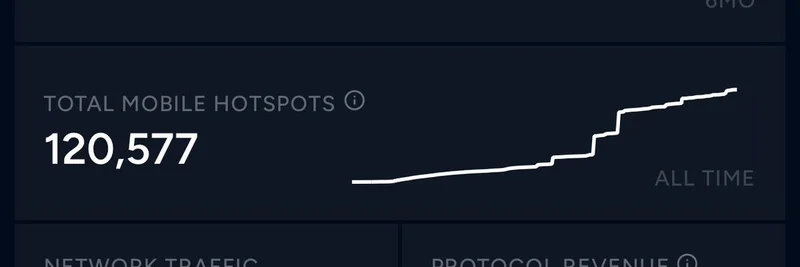Jesse Pollak, the founder of Base—an Ethereum layer-2 blockchain designed to make transactions faster and cheaper—recently shared a eye-opening moment on X (formerly Twitter). While participating in a 5K fundraiser for a local school, he casually polled some 8th graders about their knowledge of crypto. Their responses? Straightforward and a bit brutal: crypto is easy to steal, and they knew about a heartbreaking scam where someone battling cancer lost $32,000.
This tweet quickly sparked conversations in the crypto community, underscoring a major PR problem for the industry. As someone who's been deep in the trenches of blockchain journalism and now focusing on meme tokens at Meme Insider, I see this as a wake-up call. Meme tokens, those fun, viral cryptocurrencies often inspired by internet jokes or trends, thrive on hype but are also prime targets for scams. If even kids are associating crypto primarily with theft and fraud, we've got some serious work ahead to rebuild trust.
Why Kids' Views Matter in Crypto
Think about it: these 8th graders are the next generation of potential users, investors, and builders in the blockchain space. Their perceptions are shaped by what they hear from family, news, or social media—often the horror stories rather than the success tales. Pollak's informal survey highlights two key pain points:
Ease of Theft: Crypto wallets can be vulnerable if not secured properly. Unlike traditional banks with fraud protection, blockchain's decentralized nature means you're your own custodian. One wrong click on a phishing link, and poof—your funds are gone.
High-Profile Scams: The mention of a cancer patient losing $32k points to emotional manipulation tactics scammers use, like fake charity drives or investment schemes. In the meme token world, this is rampant with rug pulls—where developers hype a token, pump the price, then abandon the project and run off with the liquidity.
Base, built by Coinbase, aims to address some of these issues by making on-chain interactions more accessible and secure for everyday users. But as Pollak put it, "we got work to do y'all." Education is key, starting from the basics: teaching safe practices like using hardware wallets, verifying smart contracts, and spotting red flags in meme token launches.
Tying It Back to Meme Tokens
At Meme Insider, we track the wild world of meme tokens, from Dogecoin-inspired pups to niche cultural phenomena. These tokens often launch on networks like Base due to low fees, attracting creators and traders alike. However, the flip side is the scam prevalence. Just last year, we saw countless projects promising moonshots but delivering nothing but empty wallets.
Pollak's story reminds us that improving user experience isn't just about tech—it's about narrative. We need more stories of positive impact, like how meme tokens have funded charities or built communities, to counter the scam headlines. Platforms like Base are innovating with features like smart accounts to reduce theft risks, making it harder for bad actors to succeed.
Steps Forward for a Safer Crypto Ecosystem
To turn the tide, here's what the community can do:
Educate Early: Integrate basic crypto literacy into school programs or online resources. Explain terms like "private keys" (your secret password to access funds) and "decentralization" (no single entity controls the network) in simple ways.
Build Better Tools: Developers should prioritize security in wallets and dApps (decentralized apps). Features like social recovery—where trusted friends help regain access—could mitigate theft fears.
Community Vigilance: In meme token spaces, always DYOR (do your own research). Check for audited code, active teams, and transparent roadmaps before diving in.
Jesse's tweet isn't just a funny anecdote; it's a mirror reflecting crypto's current image. By addressing these concerns head-on, we can make blockchain—and meme tokens in particular—a force for good, not just headlines about losses. Let's get to work, y'all.


